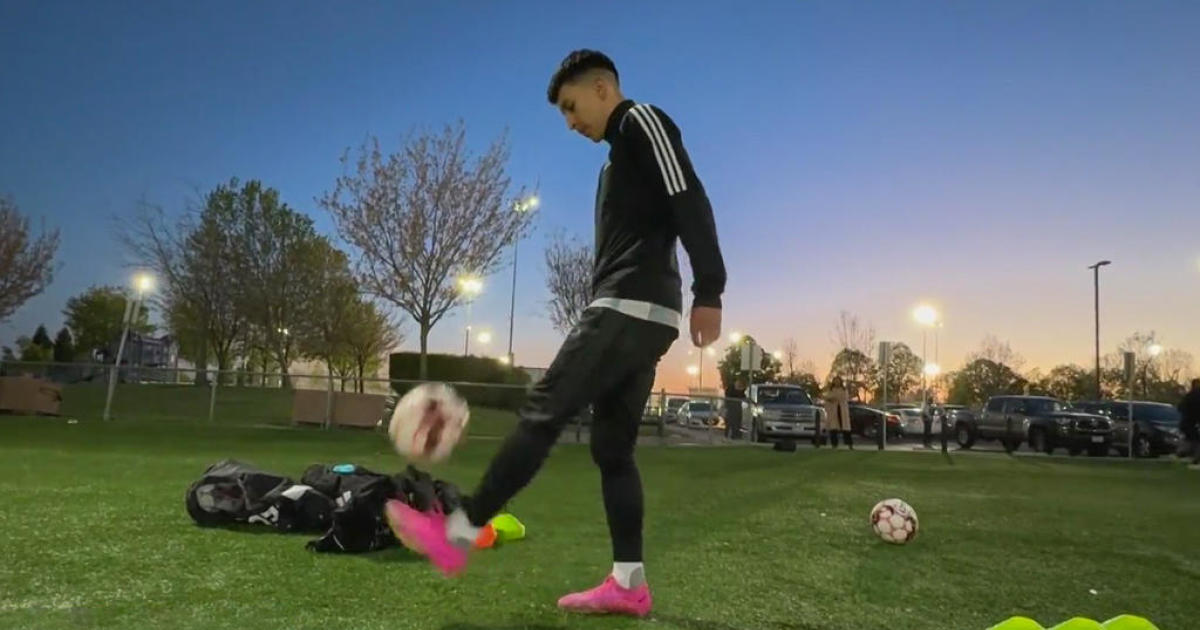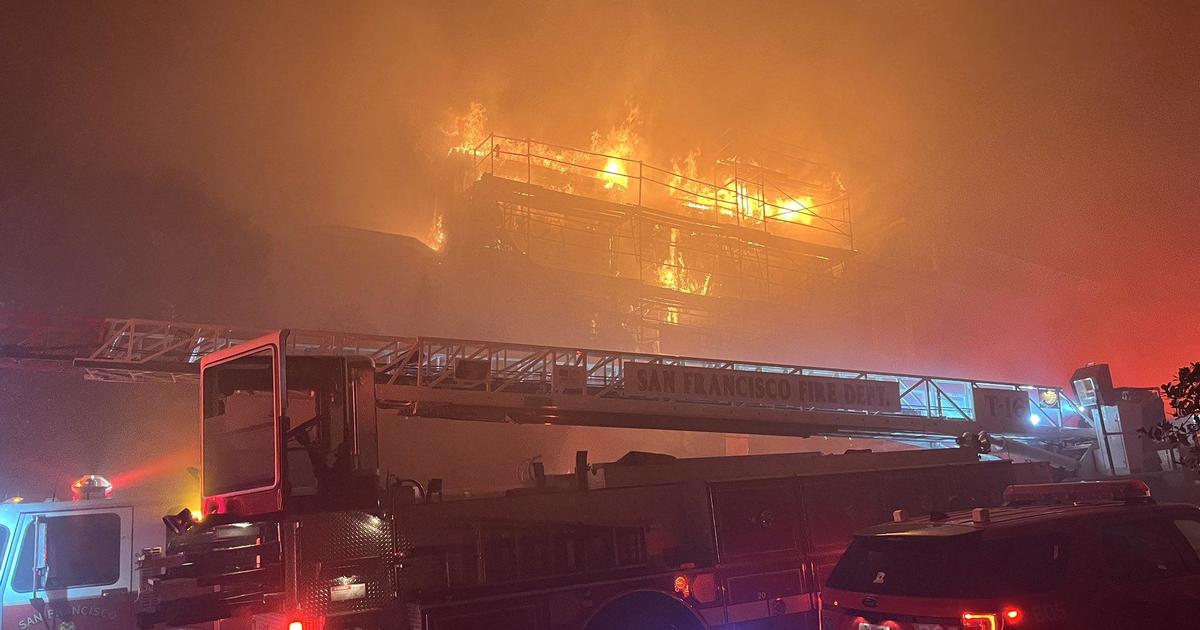Opioid Overdose Deaths In U.S. Soar To 100,000 In A Year; Crisis Felt In Neighborhoods Across Bay Area
SAN FRANCISCO (KPIX 5) – An estimated 100,000 Americans have died of drug overdose in one calendar year, a never-before-seen milestone that's causing new alarm over the nation's addiction crisis.
In the Bay Area, San Francisco's Tenderloin has been the epicenter of the region's overdose wave, but that number - 100,000 - isn't reached through a crisis in urban centers alone. This is a problem unfolding in different ways all over the country.
"What's been extraordinarily frustrating for me, working in the Tenderloin, has been seeing the city allowing the open drug supermarkets throughout the neighborhood," Randy Shaw of the Tenderloin Housing Clinic told KPIX 5. "And then bemoaning that there's all these overdoses in the Tenderloin."
As the nation's overdose numbers soared, neighborhoods like the Tenderloin became the front line of the disaster. The arrival of fentanyl caused numbers to rise, prompting a debate over law enforcement, and safe injection sites.
But in 2021, San Francisco's overdose numbers are actually on pace to decline. This is a problem larger than one neighborhood.
"As an emergency physician, I would see patients come in, and you couldn't tell what was going on," said Dr. Jasper Schmidt of Sonoma Valley Hospital. "They had an altered mental status, you couldn't tell. Was it a stroke?"
Schmidt is an emergency physician in Sonoma County, where patients, often older, he says, started showing up with multiple drugs in their system.
"Combined-use overdoses," Schmidt said. "Really, a sign that a lot of use, and the source of drugs, had changed for a lot of people during COVID. To underground sources."
"You know, the opioid crisis started in the 90s with Purdue Pharma," said Keith Humphreys with Stanford University. "Now it has mutated to encompass heroin, to encompass fentanyl. We took a long time getting into this. Sadly, it's going to take us a long time to get out of it."
Humphreys is an addiction researcher with Stanford University. He said the growing death toll is a sign that this isn't a temporary crisis, but a long-term health emergency for the country.
"We have to start thinking about addiction and overdose like we think about COVID," Humphreys said. "When COVID happened, there was a national sense that this was hugely important. That it had to be a priority, but it needed a lot of resources in terms of health services, information, research, all those things. We've never really done that with addiction."



